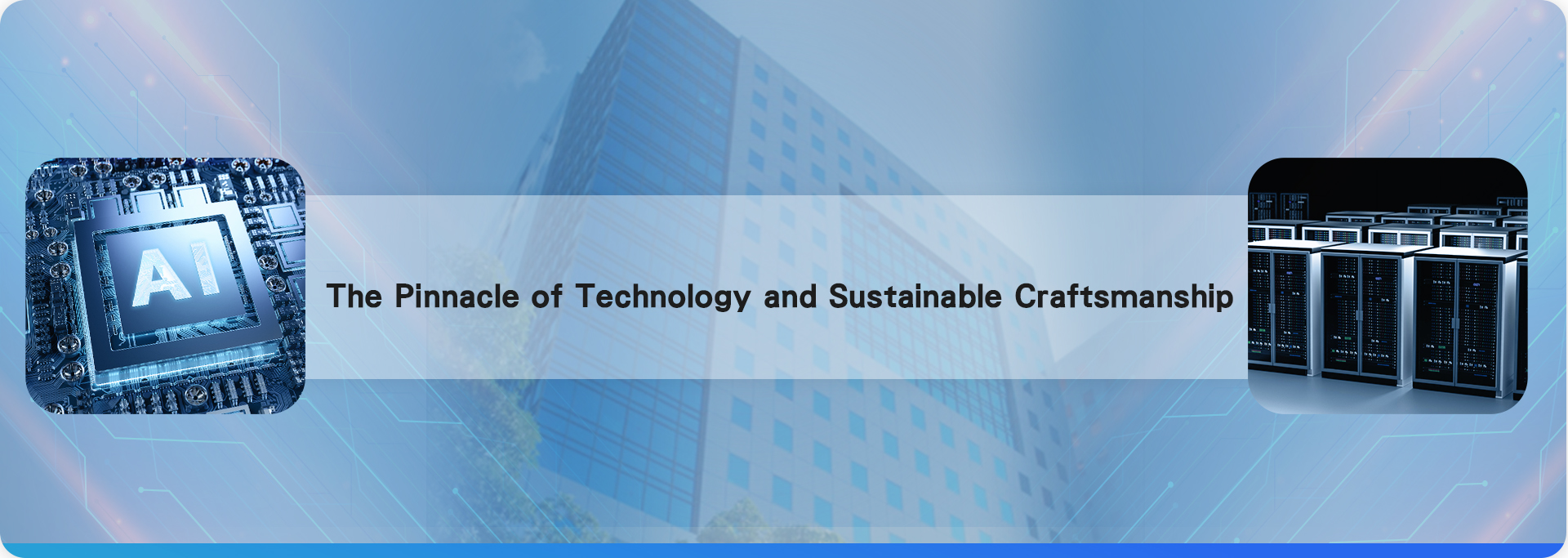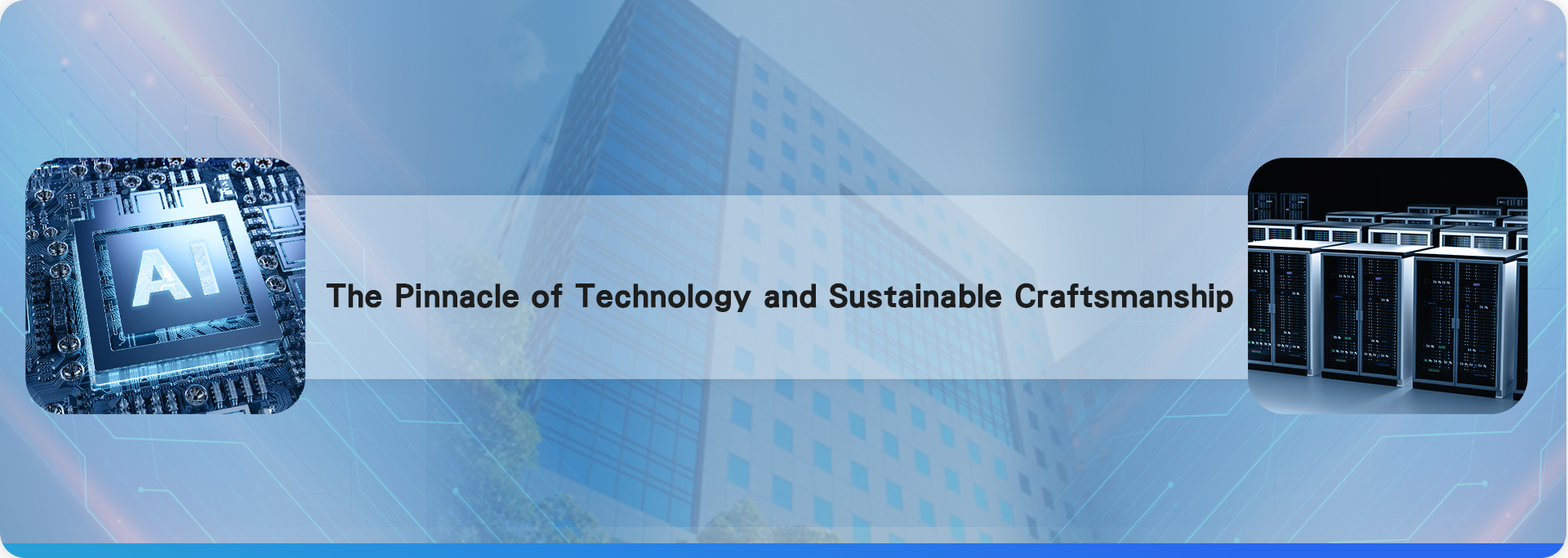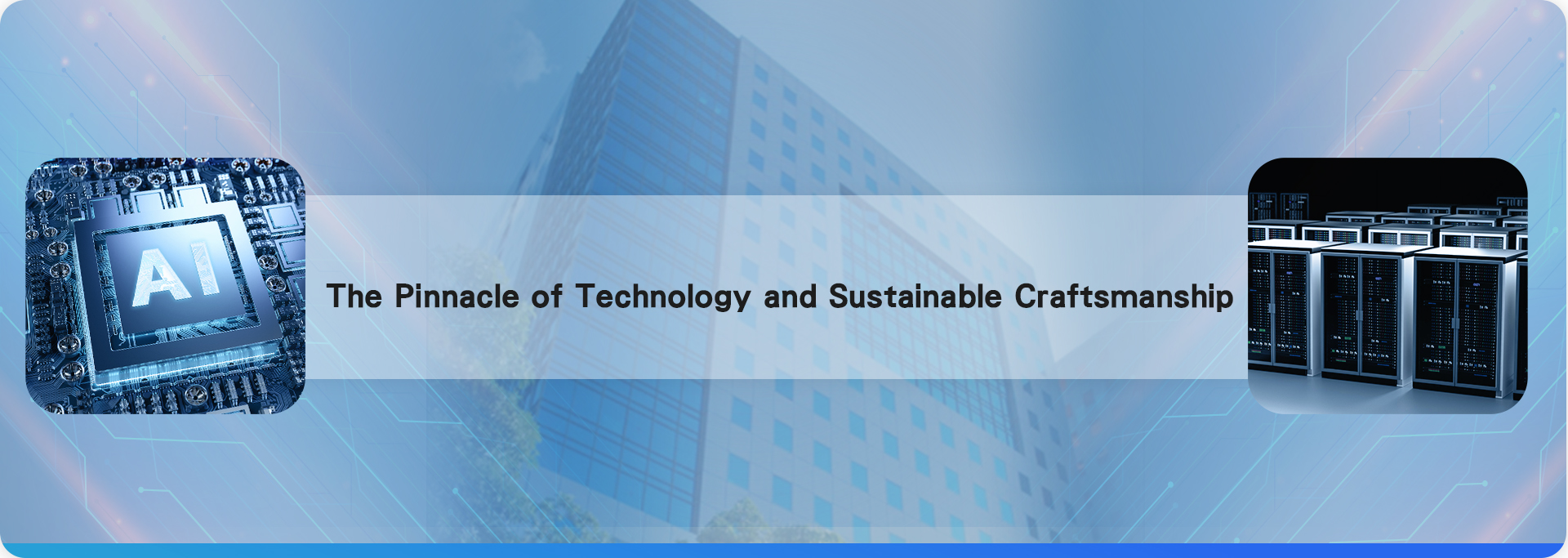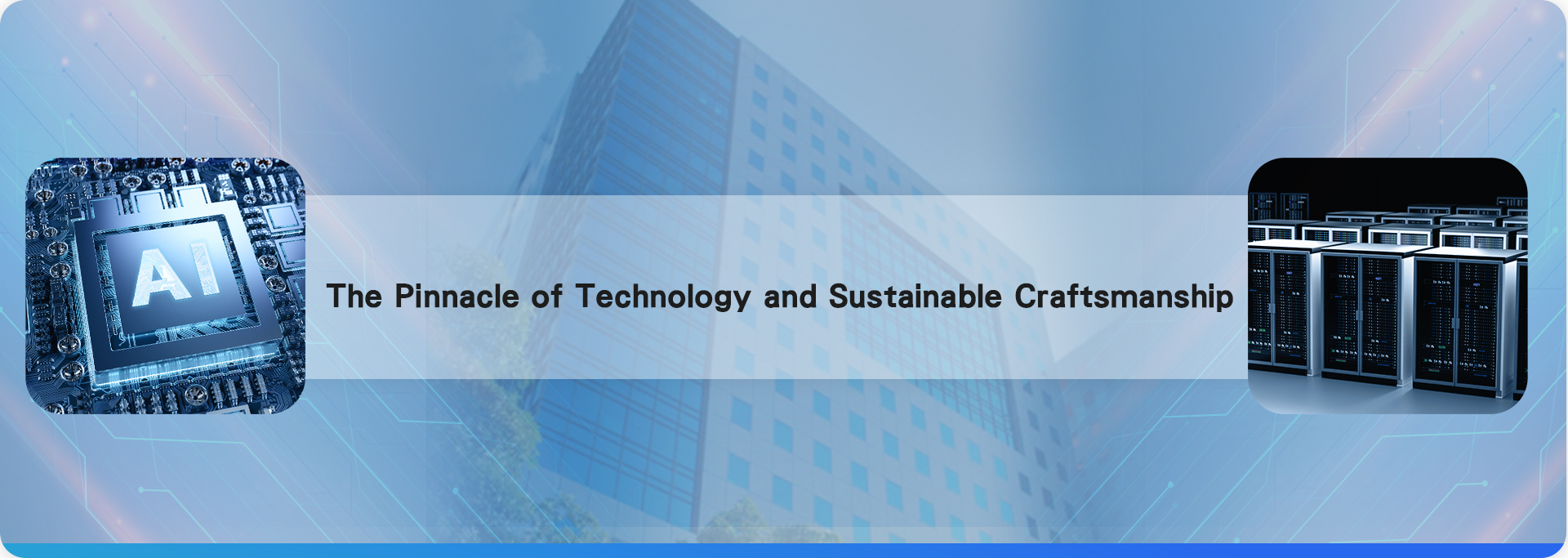ALT Group specializes in providing comprehensive services for containerized data centers (CDC),
covering flexible design, modular planning, and integrated manufacturing.
From early-stage MEP (mechanical, electrical, and plumbing) system integration and container structure fabrication
to data room layout and equipment installation, all processes are handled by a dedicated in-house team to ensure quality and efficiency.
After deployment, ALT also offers ongoing CDC operation services, including remote monitoring, maintenance, and system optimization—
helping enterprises rapidly adopt and flexibly deploy CDC solutions across diverse environments.
This highly mobile and efficient modular solution is especially well-suited for edge computing, temporary setups, or space-constrained applications.
As technology advances, CDC designs continue to evolve. Here are the advantages of CDC:
- Micro-modularization:
Micro-modularization is a design approach that breaks down data center infrastructure into smaller, modular components. This enhances flexibility and scalability, simplifying CDC maintenance. - Edge Computing:
Edge computing is a computing model that moves processing power closer to the data source. This improves response times and reduces bandwidth costs.
By choosing the services offered by ALT, you can obtain customized solutions tailored to your specific requirements:
- Flexibility and Scalability:
CDC can be rapidly deployed and scaled to meet fluctuating business needs. They seamlessly integrate into existing data center infrastructures or function as standalone data center solutions. - Portability:
CDC are easily transportable to any location, making them ideal for temporary deployments or remote sites. - Cost-Effectiveness:
CDC are often more cost-effective than traditional data centers, as they minimize the need for substantial infrastructure investments. - Sustainability:
CDC can be engineered to utilize renewable energy sources and efficient cooling systems, mitigating environmental impact.
CDC find applications across diverse industries, including telecommunications, financial services, healthcare, and government. They support a wide range of workloads, such as cloud computing, big data, the Internet of Things (IoT), and artificial intelligence (AI).




